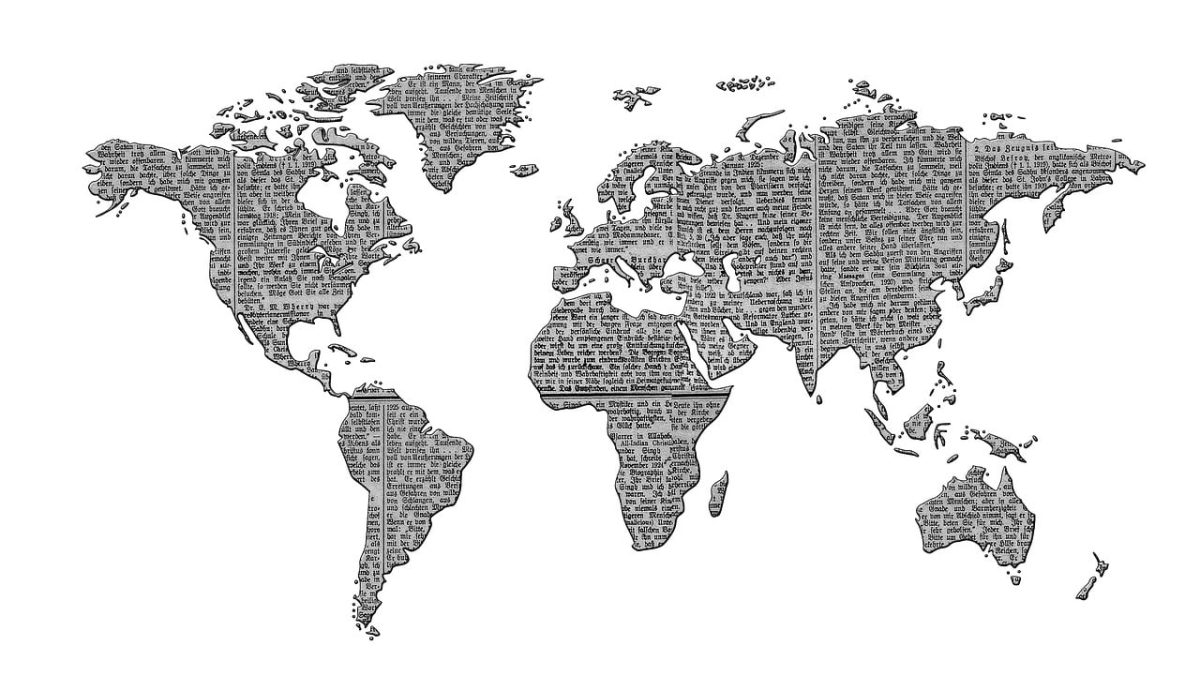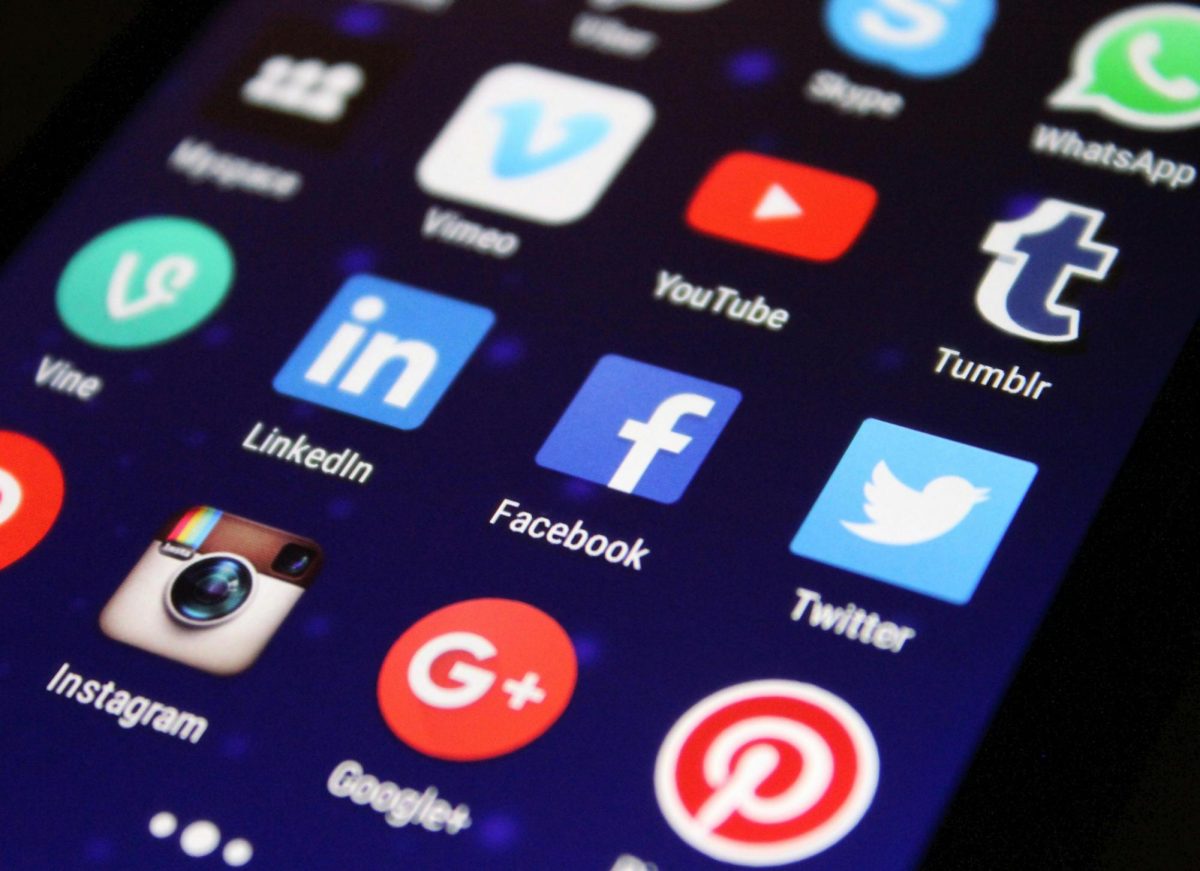What do you do when you’re bored? Or, when you’ve got free time or even when you do have things to do but you just don’t feel like doing them? As shameful as it may be to admit, you might have said doomscrolling on social media. You’re not alone. Three journalists from Pew Research Center conducted a decade-long survey about social media that interviewed teenagers just like you and I on their experience on various social apps and how often they’re used by the youth. For example, their experiment found that teens from 2015 actively used Instagram ( 51% ) nearly just as much as teens now in 2025 ( 61% ) still do. That big of a number may look scary and, arguably, is because of the emotional impact these apps and websites can have on us.
One of the most basic emotions we feel is happiness. In our brain, this is called dopamine and it’s a chemical triggered when you experience joyful moments that allow the rest of your body to understand that you’re happy. According to Cleveland Clinic, a medically approved and accurate website, dopamine also impacts your memory, attention, behavior, and cognition. Happiness is found everywhere on social media. It’s probably society’s greatest form of self expression as you have the whole platform to yourself and complete freedom to view whatever it is you’re interested in. Your Instagram feed and TikTok ‘For You’ page is completely customizable to your own hobbies and interests and you have access all over YouTube to watch your favorite things. Whatever makes you happy and releases dopamine can be found on social media.
The opposite of happiness is sadness. Sadness is a very unfortunate feeling and it can be easy to be swallowed by it on social media. FOMO is a term that was created in 2004. It stands for “ Fear Of Missing Out “. Based on an article by Elizabeth Scott for verywellmind.com this term is exactly as it sounds. Feeling left out. This can happen to anyone. One example I can think of is missing parties and shows others may be attending but yourself. This can make you feel uninvolved and disappointed you missed out on the fun. Another example is comparing yourself to others online. In this day and age where filters and beauty editing is easily accessible it can be easy to trick yourself into believing the beauty that others portray they have and wishing you had it for yourself. This can create jealousy and poor self esteem alongside sadness.
Not everybody keeps in touch with the news and what’s going on in the world. However, those who do tend to share a very similar feeling of fear. ‘Fear mongering’ is a term that has been used for centuries and, according to the Oxford language’s dictionary, it refers to the act of creating public fear or alarm about a certain issue. For example, an issue here in our home of California is the targeted attacks towards Latino families where ICE threatens to or violently deports immigrants. Usually those who are undocumented. This is then when the public takes this issue and creates overwhelming fear. From my experience on social media, TikTok’s and Reels are created to scare those who are targeted, telling them to hide and avoid the outside world because it‘s ‘not safe for them’ anymore. This can create anxiety and immense fear within people.
Lastly, anger is everywhere on social media. You’re not truly online if you’re unfamiliar with the term “Ragebaiting”. This is where a person may act “dumb” or irritating to make another person frustrated. It’s been popularized by memes and trends and is usually lighthearted and a simple game between friends. However, some anger is a lot less playful. A case in 2019 included the death of a man because of an online argument. An article by justice.gov explains how two men were playing Call Of Duty online. It’s unclear what exactly they argued about during the game but the perpetrator, Casry S. Viner, called a false swat report on the victim which led to his murder. This can happen anywhere online with whoever you choose to talk to. Especially those who you argue with in comment sections.
The emotions you can feel on social media aren’t just limited to hippieness, sadness, fear, and anger. You can feel anything. What is important is acknowledging how you feel and understanding the impact it can be having on you.





